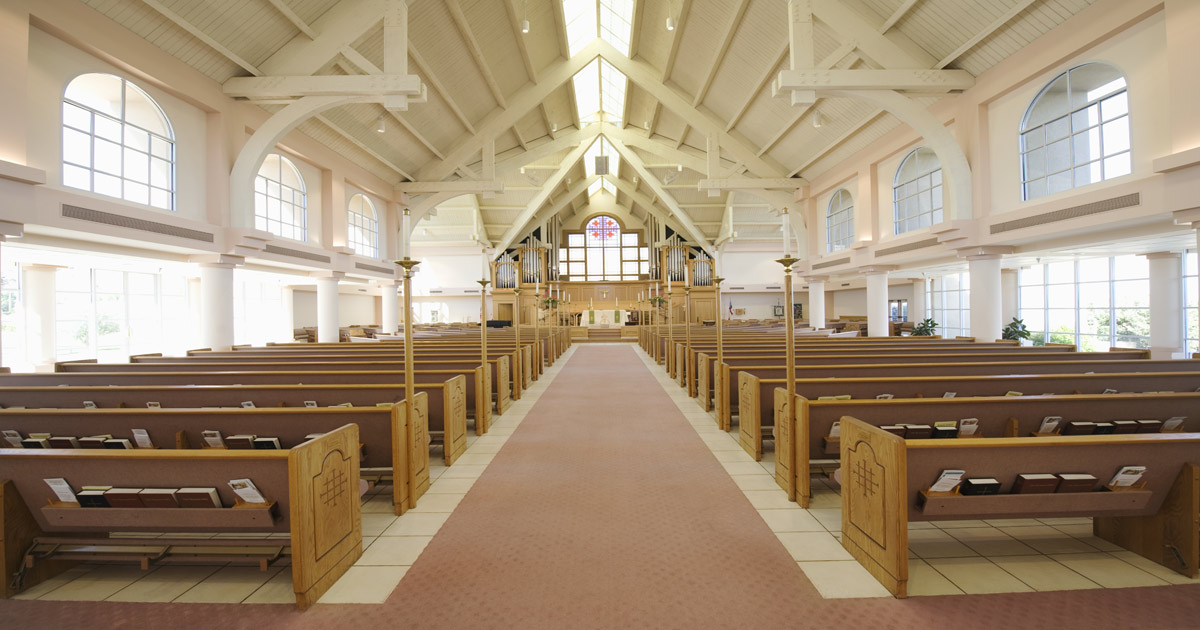Churches serve as pillars of communities, offering spiritual guidance and support to their members. However, regarding legal matters, whether churches should be incorporated is debated. Incorporation provides legal recognition and protection but involves specific responsibilities and implications.
What Is Church Incorporation?
Church incorporation forms a legal entity for a religious organization, separate from its members. By incorporating, a church becomes a distinct legal entity with rights and responsibilities similar to a corporation’s. This includes the ability to own property, enter into contracts, and sue or be sued in its name.
Incorporation also provides limited liability protection for the church’s leaders and members, shielding them from personal liability for the organization’s debts and obligations.
Why Should Churches Consider Incorporation?
There are several reasons why churches may choose to incorporate.
One primary benefit is its limited liability protection for the church’s leaders and members. In the event of a lawsuit or financial dispute, the personal assets of individuals associated with the church are generally protected from being seized to satisfy the organization’s debts.
Incorporation provides a formal structure for managing the church’s affairs, including clear procedures for decision-making and accountability. This can help prevent internal conflicts and ensure the organization operates efficiently and effectively.
What Are the Requirements of Church Incorporation?
The requirements for incorporating a church vary depending on the laws of the state where the organization is located. Generally, churches must file articles of incorporation with the appropriate state agency, such as the Secretary of State’s office.
These articles typically include basic information about the church, such as its name, purpose, and registered agent. In addition to filing articles of incorporation, churches may need to obtain tax-exempt status from the Internal Revenue Service (IRS) to qualify for certain benefits. Those include exemption from federal income tax and receiving tax-deductible donations.
What Are the Implications of Church Incorporation?
While incorporation offers numerous benefits, it also has certain implications that churches should be aware of. For example, once incorporated, a church must comply with state laws governing corporations, including filing annual reports and maintaining corporate records. Failure to fulfill these obligations could result in the loss of the church’s corporate status and the associated legal protections.
Additionally, incorporation may subject the church to regulations and oversight from government agencies, particularly in areas such as taxation and employment law.
What Are the Alternatives to Church Incorporation?
An alternative to church incorporation is operating as an unincorporated association or a religious corporation sole. Unincorporated associations are informal groups of individuals who come together for a common purpose. A religious corporation sole is a legal entity formed by a single individual, typically the leader of the religious organization.
Both options offer some degree of legal recognition and protection, but they may have limitations compared to full incorporation.
Making the Decision to Incorporate a Church
The decision of whether to incorporate a church is a significant one that should be carefully considered in light of the organization’s specific needs and circumstances. While incorporation offers legal recognition and protection, it also entails responsibilities and implications that churches must understand and address.
Contact Our Virginia Beach Church Lawyers at Anchor Legal Group, PLLC for Trusted Legal Advice on Church Incorporation Matters Our knowledgeable Virginia Beach church lawyers at Anchor Legal Group, PLLC have the skills and experience to guide you toward making the right decisions for your church. Call 757-LAW-0000 or complete our online form to learn more. Located in Virginia Beach, we serve clients in Chesapeake, Norfolk, Suffolk, Portsmouth, Newport News, Hampton, Williamsburg, and Eastern Shore, Virginia.


